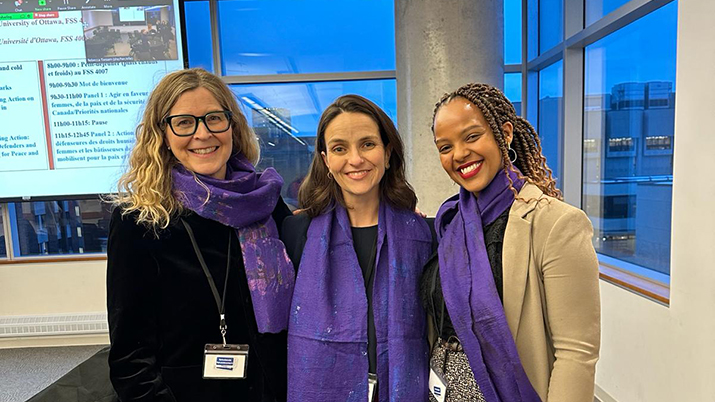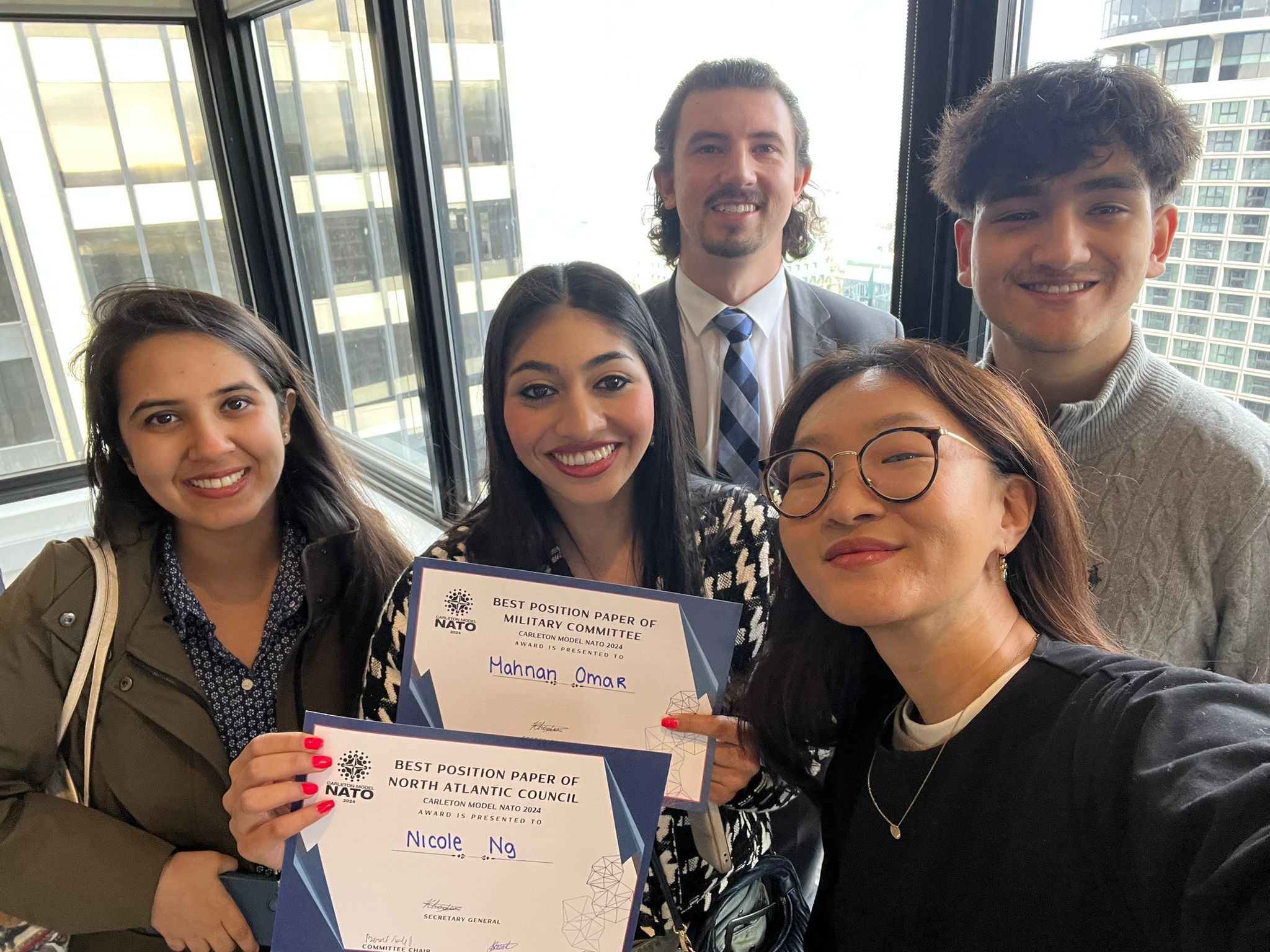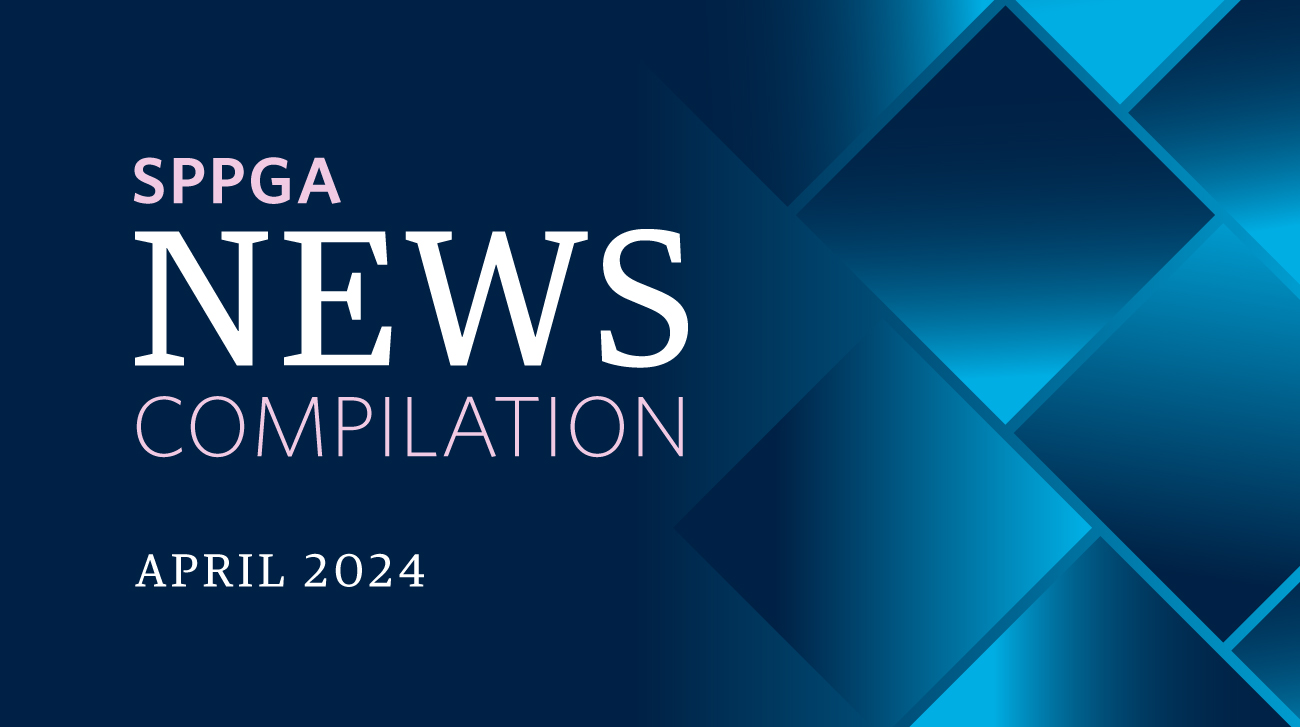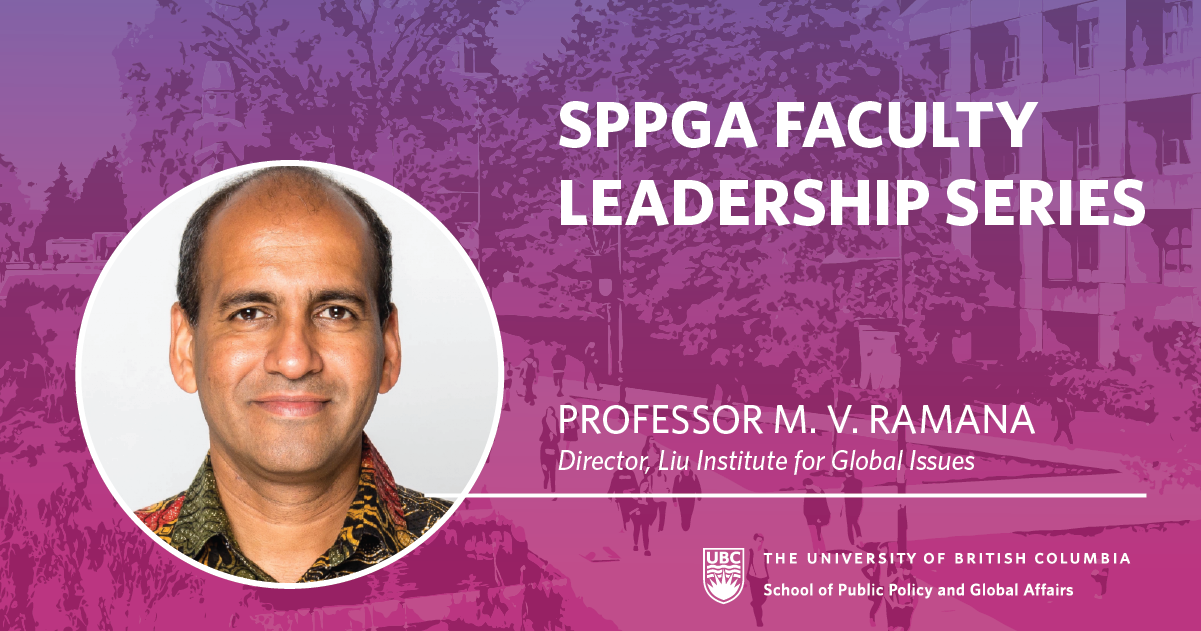

In our SPPGA Faculty Leadership series, meet Dr. M.V. Ramana, Simons Chair in Disarmament, Global and Human Security and Professor with the School of Public Policy and Global Affairs (SPPGA), the Director of the Liu Institute for Global Issues, and the acting Director of the Centre for India and South Asia Research (CISAR) in the Institute of Asian Research at the University of British Columbia.
In an interview with SPPGA, Professor Ramana shares what drives his research, his goals in the classroom, his current collaborations, and how students can connect with his work. Learn more about him below.
SPPGA: Could you tell us a bit about yourself and your background?
Sometime in high school, I decided that I wanted to be a physicist, trying to understand the fundamental constituents and principles of the universe. That desire continued till half-way through my Ph.D. program, when I realized that actually I didn’t care all that much about this, and that I would like to do something that is more socially relevant. That soul searching and a series of serendipitous meetings led me to becoming concerned about nuclear weapons/destruction and working for nuclear disarmament.
Subsequently, that expanded to concerns about nuclear energy. Over the years, I have moved far away from my academic training in Physics to becoming much more of a problem-focused person, using whatever tools I can get from different disciplines. I don’t very much care for labels like multi/inter/trans disciplinary, and these days I just say that I am undisciplined.
SPPGA: You are Simons Chair in Disarmament, Global and Human Security at UBC. What does this title entail?
Thanks to generous funding by The Simons Foundation, the Chair provides me with additional support to carry out research on the topics that I work on. All of these are broadly related to the subjects of disarmament, global security, and human security. Of course, these are such major concerns that I, as an individual, cannot cover all of these areas.
In addition to my own research, I oversee a Postdoctoral Fellow as well as an award program for undergraduate and graduate students, both of which are funded by The Simons Foundation. For the Simons Postdoctoral Fellowship (in Disarmament and Non-Proliferation of Weapons of Mass Destruction and Their Delivery Systems), I have selected researchers that have been trained in other fields to encourage them to apply their training to questions related to my own focus. I feel that this allows the growth of interdisciplinary approaches to these complex problems that we are confronting.
In the case of the Simons Award in Nuclear Disarmament and Global Security, again, the focus is to get students to work on topics broadly related to, well, nuclear disarmament and global security. Typically, five to seven students are selected each year. So far, all of the students that have been selected have carried out substantial amounts of work and learned about topics that they might not have otherwise been exposed to. The award has resulted in multiple publications and op-eds found on the SPPGA website.
That said, I get even more gratification when this work affects how these students think about their future. For example, one student was inspired enough by what she learned about that she decided not to go to law school, instead joining a graduate program in security studies at Sciences Po.
SPPGA: Your research and writing in recent years has focused on various aspects of nuclear energy as it relates to international security and energy supply. What drives your research? What local or global issues keep you up at night and why? What types of questions do you attempt to address?
In my research, I try to straddle two worlds: one focused on the risks posed by nuclear weapons, and another focused on the risks posed by nuclear energy. That is a fairly large set of topics to work on. If you look at my journal publications in recent years, these papers have ranged from exploring the dangers from nuclear submarines in South Asia, to the problems with the safety assessment of new nuclear reactor designs, to analyzing the economics of small nuclear reactors to power remote mines and communities in Canada.
Sometimes, I characterize my work as fighting one insane nuclear project after the other.
What drives my research, often, are concerns expressed by local communities or civil society groups that are faced with these risks. I am also driven by concern about climate change, and the effort by the nuclear industry and associated advocates to position nuclear energy as a solution to this problem. All the research that I and many others have done shows that it is not feasible to build nuclear plants fast enough to meet the carbon dioxide emission reduction targets set by, for example, the Intergovernmental Panel on Climate Change. Expanding nuclear energy to mitigate climate change will inevitably result in a variety of undesirable risks and environmental impacts, and will be a huge cost sink for funds that can be spent in better ways to address global warming.
SPPGA: What do you teach in the Master of Public Policy and Global Affairs program? What have been some a-ha moments in the classroom for either your students or yourself?
I teach a class titled Security Challenges for Asian States and Peoples. Drawing upon readings from multiple perspectives and a series of case studies, I try to help students come to grips with the hard security problems that confront the governments and, especially, citizens of various Asian countries. My hope is that the theoretical foundations used to explore these cases and the insights gained will be relevant not just to Asia but other parts of the world as well.
I have a-ha moments all the time because I am always learning from my students.
Rather than pick one moment, I would say that what I am often struck by is how so many of them come to these questions with a hopeful view of how the world could be a better place. I am always grappling with trying to balance between laying out the powerful forces working against that hope and desire, and trying to ensure that they don’t become pessimistic and lose their interest in working for a better world, or, worse still, start believing in status-quo ideologies.
Hopefully, I give them a better understanding of the challenges they have to overcome without putting out the fire within them.
SPPGA: Beyond teaching, are there other opportunities for UBC students to engage with you and your work?
I always welcome students joining me on one of my many research projects. Over the years, I have benefitted from excellent research support from various students and have enjoyed co-writing papers and popular articles with many of them.
In addition, I also enjoy just chatting with students, whether it is how they feel about the state of the world, or what they want to do in their careers, or just about good places in town to get tasty and interesting food from different cuisines around the world.
SPPGA: What are you working on currently? With whom are you collaborating? Why is this work important?
I am working on multiple projects. Since you talked about collaborating, let me just talk about one of these projects that involves collaboration.
Over the last few years, the federal and several provincial governments in Canada have started putting in place policies to promote the construction of what are called small modular nuclear reactors. These reactor technologies are completely new—they use nuclear fuel forms that have not been used in Canadian reactors, and will produce new forms of radioactive wastes—and none of these have hitherto been constructed anywhere in Canada. Nevertheless, the government and industry organizations have subscribed to a vision of Canada adopting these new nuclear technologies on a rapidly accelerated timeline.
In line with this vision, the government has been easing safety and environmental regulations that should be used to govern these untested technologies, thereby increasing risk to citizens and communities. There is already widespread concern among civil society groups and community leaders about these developments, and there is demand for tools that would enable them to independently assess the risks from these reactors.
Supported by a Partnership Engage Grant from the Social Science and Humanities Research Council, I have been working with Kerrie Blaise of the Canadian Environment Law Association to develop analyses and explanatory materials to help these groups. Kerrie and I have also intervened in various regulatory proceedings at the Canadian Nuclear Safety Commission. In this project, I am also collaborating with, and benefitting from the insights of, two MPPGA students, Tasha Carruthers and Prajna Singh.
SPPGA: Are you working on any major publications? If so, on which topic area(s)?
I am working on a book about the political economy of nuclear energy, that tries to explain, not just why it would not offer a feasible or desirable solution to climate change, but why elites in so many countries support nuclear energy despite the well-documented and continuing problems with the technology.
SPPGA: Please tell us more about the Liu Institute for Global Issues. How can UBC students become involved? Are there opportunities for the broader community to connect with the Liu Institute?
The Liu Institute for Global Issues, as part of the School of Public Policy and Global Affairs, aims to carry out interdisciplinary research that addresses academic and public debates about global issues and inform policy decisions, as well as be a space to convene public events, workshops and conferences to discuss these. It was founded with a specific definition of a global issue as one that cannot be solved by any single country and requires many of them, possibly all of them, to come together to address the issue. Climate change and nuclear weapons proliferation are good examples. Over the years, as newer researchers have joined, the list of issues has grown.
The Liu Institute has always welcomed students and interested members of the public to participate in its events. Since 2009, it has also hosted the Liu Scholars program that has attracted outstanding graduate students. The program has evolved over the years and in its current version, Ph.D. students that are interested in using their research and disciplinary expertise to work on specific topics related to public policy and global issues are paired with SPPGA faculty members with expertise on these topics.
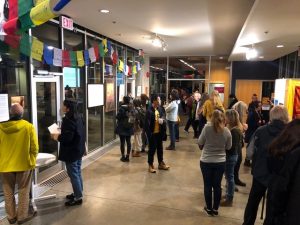

The Liu Institute also hosts the Lobby Gallery, a space to exhibit art work, with the aim of fostering alternative and artistic forms of research dissemination and building awareness about critical issues. The Gallery welcomes proposals for exhibitions from other members of the UBC community.
SPPGA: Please tell us more about the current work of the Centre for India and South Asia Research (CISAR) in the Institute of Asian Research. How can UBC students become involved with CISAR? Are there opportunities for the broader community to connect with CISAR?
CISAR’s goal is to promote interdisciplinary research related to South Asia, specifically topics relating to contemporary economic, social, political (or other) issues that fall under the broad umbrella of public policy and global affairs, and to disseminate knowledge through seminars, lectures, and conferences. It also seeks to involve all those at UBC with interests in the region.
In that sense, students with an interest on the above-mentioned issues are welcome to attend or suggest events or other activities. The Institute of Asian Research, of which CISAR is one of the constituent centres, has started an IAR Fellows Program, some of whom are affiliated with CISAR. This is one more way that students can become more closely involved in CISAR. (This year’s cohort has been selected already.)
Thank you Professor Ramana.
